Dubai RTA’s AED 633M Al Mustaqbal Street Upgrade Boosts Mobility
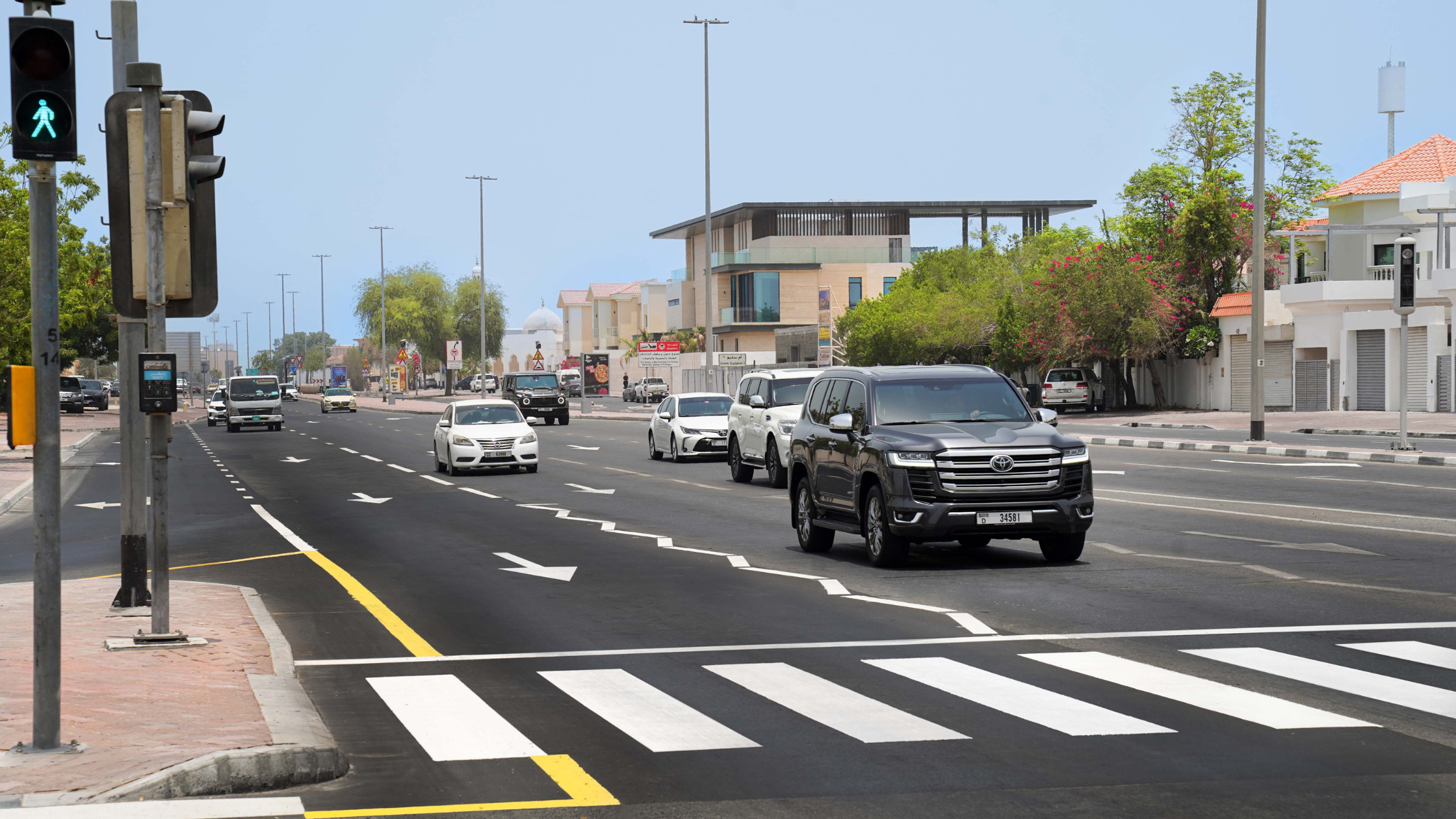
Dubai’s Roads and Transport Authority (RTA) has embarked on a transformative journey to redefine urban mobility with a landmark AED 633 million ($172 million) contract for the Al Mustaqbal Street Development Project. Announced on July 13, 2025, this ambitious initiative is set to revolutionize one of Dubai’s critical corridors, connecting Za’abeel Palace Street to Financial Centre Street. By integrating cutting-edge infrastructure, including bridges, tunnels, and expanded lanes, the project aims to enhance traffic flow, reduce travel times, and support Dubai’s vision for sustainable urban growth. This article delves into the details of the Al Mustaqbal Street upgrade, its impact on Dubai’s urban mobility, and how it aligns with the emirate’s broader goals of fostering economic growth and improving quality of life.
The Al Mustaqbal Street Development Project: A Game-Changer for Dubai
The Al Mustaqbal Street Development Project is a cornerstone of Dubai’s RTA 2025 Traffic Improvement Plan, designed to address the city’s rapidly growing population, now at 3.7 million, and its expanding urban footprint. The project focuses on upgrading a vital stretch of Al Mustaqbal Street, a key artery linking major hubs like Sheikh Zayed Road, Trade Centre Roundabout, and Financial Centre Street. This corridor is pivotal for commuters traveling between Deira, Bur Dubai, and the city’s financial district, making its enhancement critical for easing traffic congestion and improving road safety.
The scope of the project is extensive, featuring the construction of three tunnels spanning a combined 1,200 meters and a capacity to handle 4,500 vehicles per hour in one direction. These tunnels, strategically located at the intersection of Al Mustaqbal Street and Trade Centre Street, will streamline traffic heading toward Deira, reducing bottlenecks during peak hours. Additionally, the project includes bridges and widened surface roads, totaling 1,700 meters of new infrastructure, alongside upgraded traffic signal systems to optimize flow. These enhancements are expected to slash travel times by up to 50%, offering a seamless commuting experience for residents and visitors alike.
Key Features of the Project
- Three Tunnels: A 1,200-meter network with a three-lane tunnel for Deira-bound traffic, boosting capacity to 4,500 vehicles per hour.
- Bridges and Roads: 1,700 meters of bridges and widened roads to enhance connectivity between Za’abeel Palace Street and Financial Centre Street.
- Traffic Signal Upgrades: Modernized systems to reduce delays and improve traffic flow.
- Integration with Trade Centre Roundabout: A critical junction linking Sheikh Zayed Road with five major arterial roads, ensuring smoother transitions.
This project is not just about infrastructure; it’s about shaping the future of Dubai’s transportation network. By prioritizing efficiency and sustainability, the RTA is addressing the needs of a city that has seen its population more than double in the past two decades, positioning Dubai as a global leader in smart mobility.
Aligning with Dubai’s Vision for Growth
Dubai’s urban mobility strategy is deeply rooted in its ambition to remain a global hub for business, tourism, and innovation. The Al Mustaqbal Street upgrade aligns with the emirate’s broader objectives, as outlined by His Highness Sheikh Mohammed bin Rashid Al Maktoum, Ruler of Dubai. The project supports the Dubai Urban Plan 2040, which emphasizes sustainable development, enhanced quality of life, and economic resilience.
The RTA’s initiative is a direct response to the city’s evolving needs. With 3.7 million residents and a thriving tourism sector contributing $70 billion in 2024, Dubai’s roads face immense pressure. The Al Mustaqbal Street project is part of a larger portfolio of over 75 traffic improvement projects planned for 2025, including upgrades to Sheikh Zayed Road, Al Khail Road, Al Wasl Street, and Umm Suqeim Street. These efforts collectively aim to reduce traffic congestion, enhance road safety, and accommodate the city’s rapid urban expansion.
Economic and Social Impacts
The Al Mustaqbal Street upgrade is poised to deliver significant benefits:
- Economic Growth: By improving connectivity to Financial Centre Street, the project supports Dubai’s status as a global financial hub, facilitating smoother access for businesses and professionals.
- Quality of Life: Reduced travel times and traffic congestion mean less stress for commuters, enhancing daily living standards.
- Sustainability: Modernized infrastructure and optimized traffic flow contribute to lower emissions, aligning with the UAE’s smart mobility and sustainability goals.
- Tourism Boost: Enhanced road networks ensure seamless travel for visitors, reinforcing Dubai’s reputation as a top global destination.
A Broader Context: RTA’s Commitment to Innovation
The Al Mustaqbal Street Development Project is part of a series of transformative initiatives by the RTA to keep pace with Dubai’s dynamic growth. Recent upgrades in areas like Business Bay, Al Wasl–Al Manara, and Al Safa Street demonstrate the RTA’s proactive approach to addressing traffic challenges. For instance, the Business Bay upgrades completed in June 2025 doubled road capacity by converting a two-lane street into a one-way dual carriageway and adding a 100-meter storage lane at the Al Mustaqbal Street and Al Khaleej Al Tejari 1 Street intersection. Similarly, the Al Wasl–Al Manara intersection upgrade increased capacity by 50% and reduced waiting times by 35%, showcasing the RTA’s ability to deliver measurable results.
The RTA is also embracing smart mobility solutions. In October 2023, Dubai began testing driverless vehicles in collaboration with Cruise, a U.S.-based autonomous vehicle company. The Al Mustaqbal Street project complements these efforts by creating infrastructure that can support future autonomous transport systems, ensuring Dubai remains at the forefront of transportation innovation.
Challenges and Mitigation
Major infrastructure projects often come with challenges, such as temporary traffic disruptions. The RTA has already announced a traffic diversion starting July 13, 2025, at the King Salman Street intersection due to bridge construction for Dubai Harbour. To minimize inconvenience, the RTA advises motorists to use alternative routes like Al Marsa Street, Al Khayay Street, and Al Naseem Street. Clear signage and advance planning will help ensure smooth transitions during the construction phase of the Al Mustaqbal Street project.
Why This Matters for Dubai Residents and Businesses
For Dubai residents, the Al Mustaqbal Street upgrade promises a smoother, faster commute, particularly for those traveling to and from the Financial Centre and Deira. The project’s focus on reducing travel times by up to 50% will alleviate the stress of navigating one of Dubai’s busiest corridors. For businesses, improved connectivity to the financial district means enhanced accessibility for clients and employees, fostering economic activity in a key commercial hub.
The project also reflects Dubai’s commitment to sustainable urban development. By optimizing traffic flow and reducing congestion, the RTA is contributing to lower carbon emissions, aligning with the UAE’s Net Zero by 2050 goals. This is particularly significant as Dubai continues to attract global talent and investment, with tourism revenue reaching record highs and the city’s population growing steadily.
Looking Ahead: The Future of Dubai’s Road Network
The Al Mustaqbal Street Development Project is just one piece of a larger puzzle. The RTA’s 2025 Traffic Improvement Plan includes a slew of projects aimed at transforming Dubai’s road network. From the Al Safa Street Improvement Project, which will cut commute times by 75%, to the ongoing enhancements at Sheikh Zayed Road and Al Khail Road, the RTA is leaving no stone unturned in its quest to make Dubai a global leader in urban mobility.
As the city prepares for future growth, initiatives like these will play a critical role in maintaining Dubai’s reputation as a smart city. The integration of autonomous vehicles, advanced traffic management systems, and sustainable infrastructure will ensure that Dubai remains a model for cities worldwide.

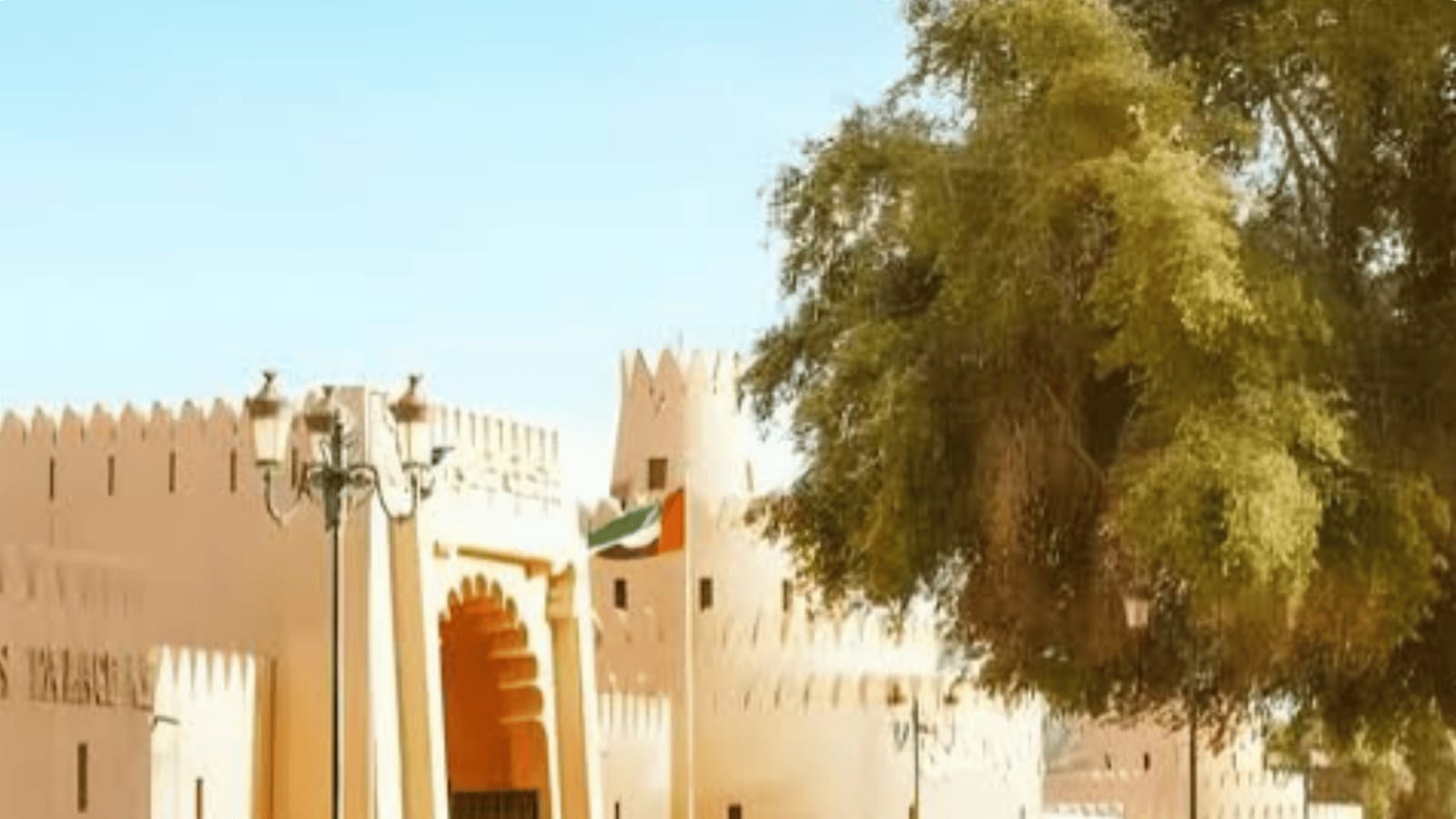
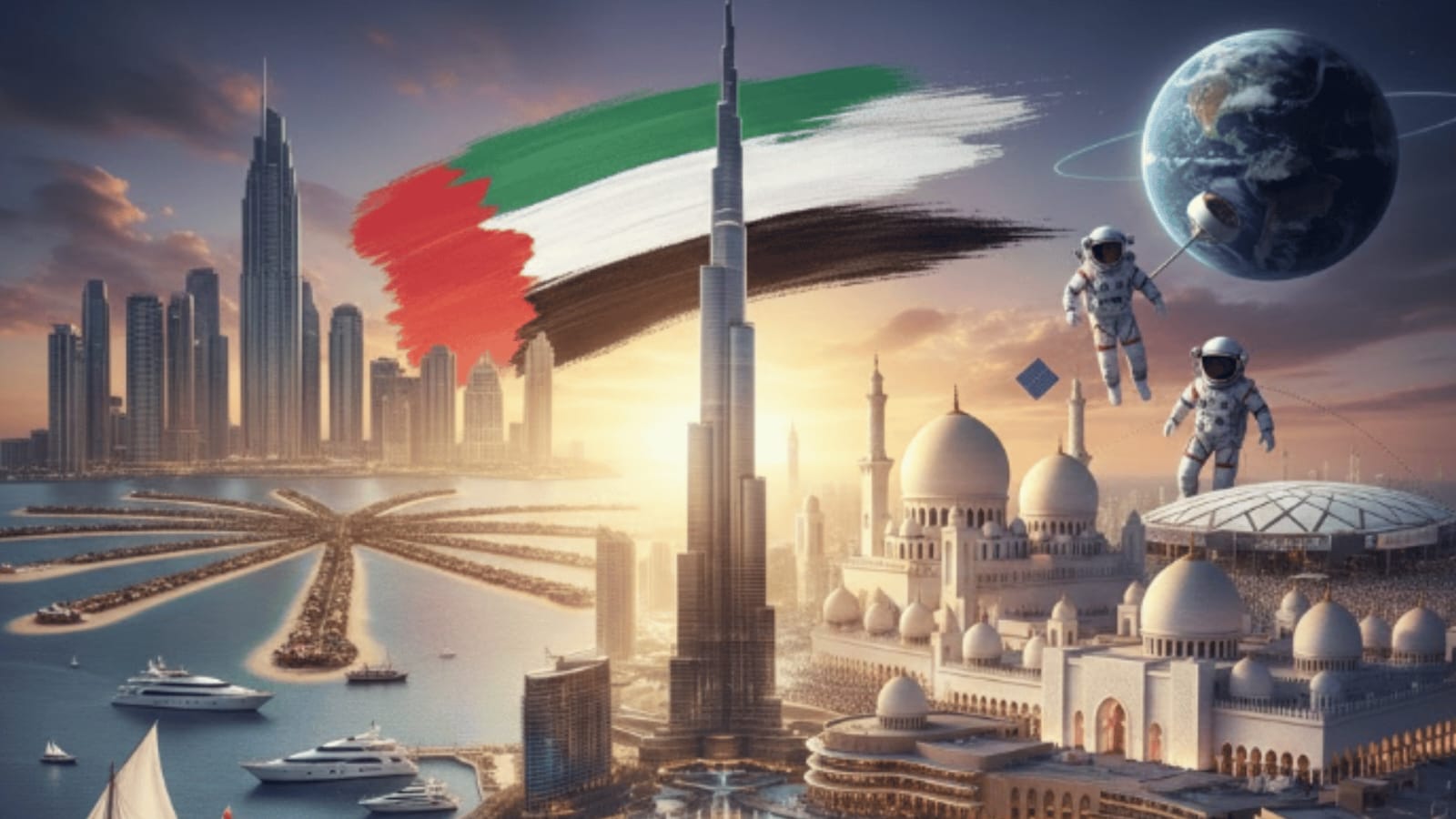
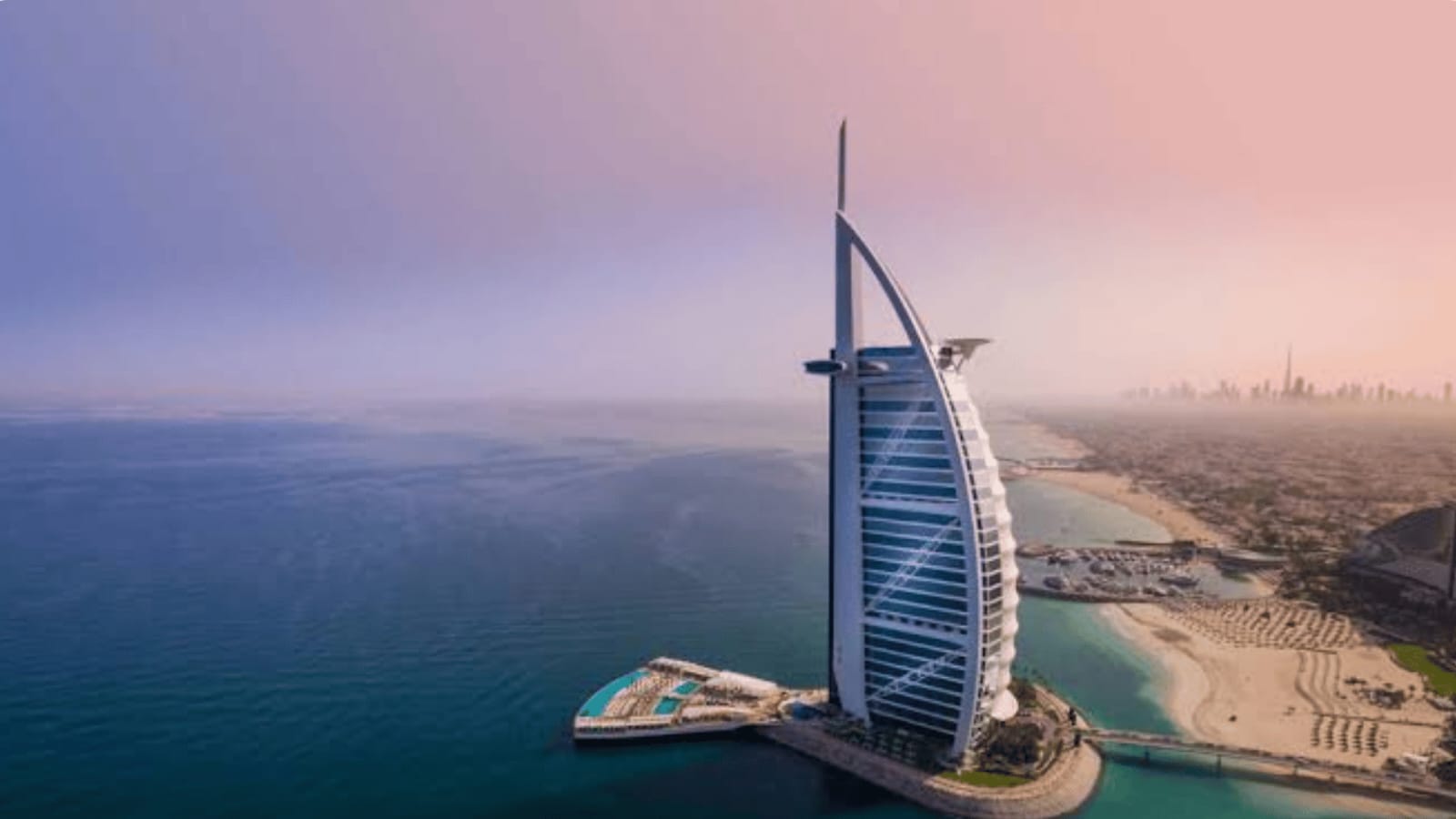
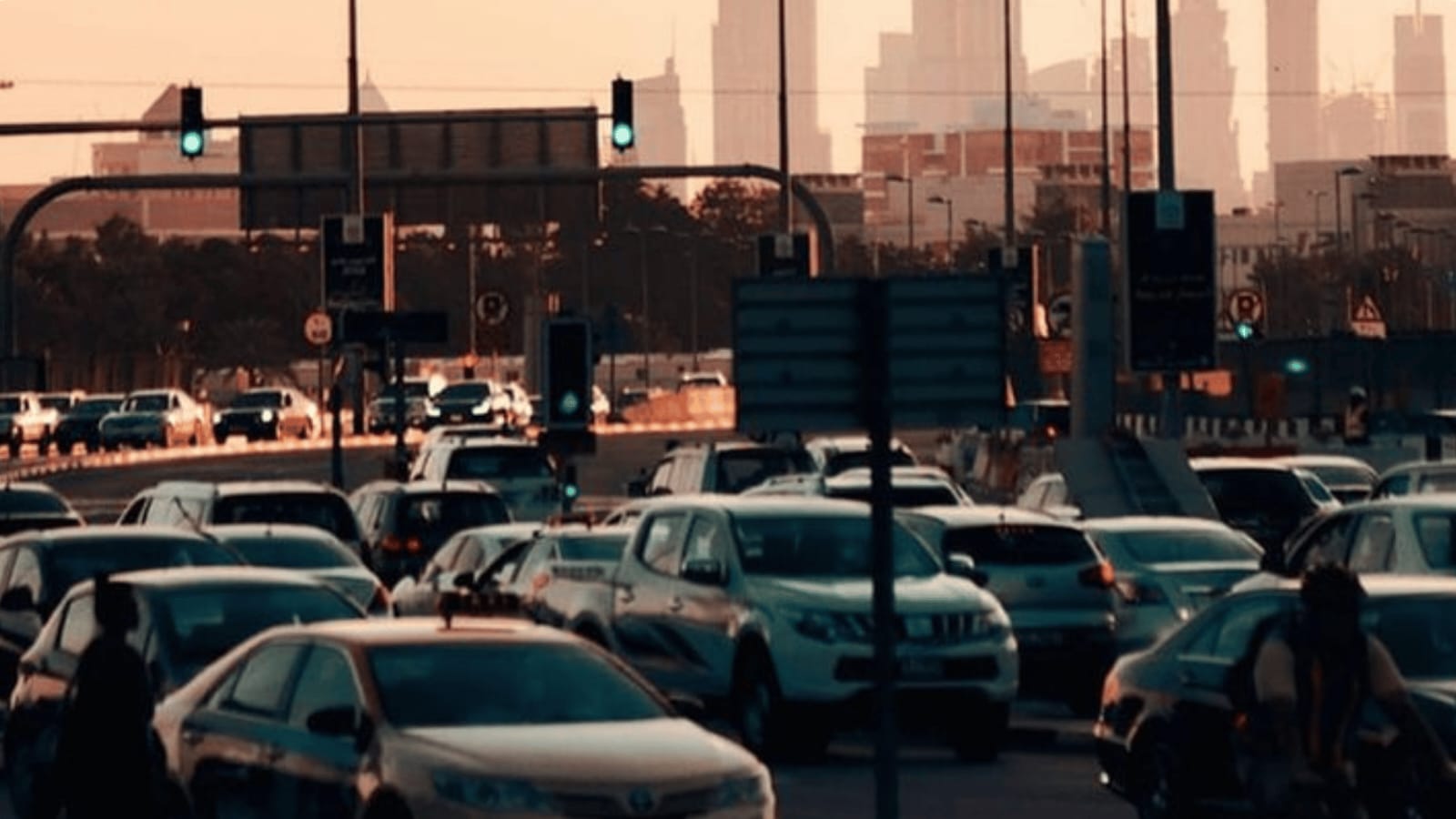



1 Comment
[…] Saudi Stock Exchange a leading hub in the Middle East, competing with global markets like those in Dubai and Abu […]
Comments are closed.